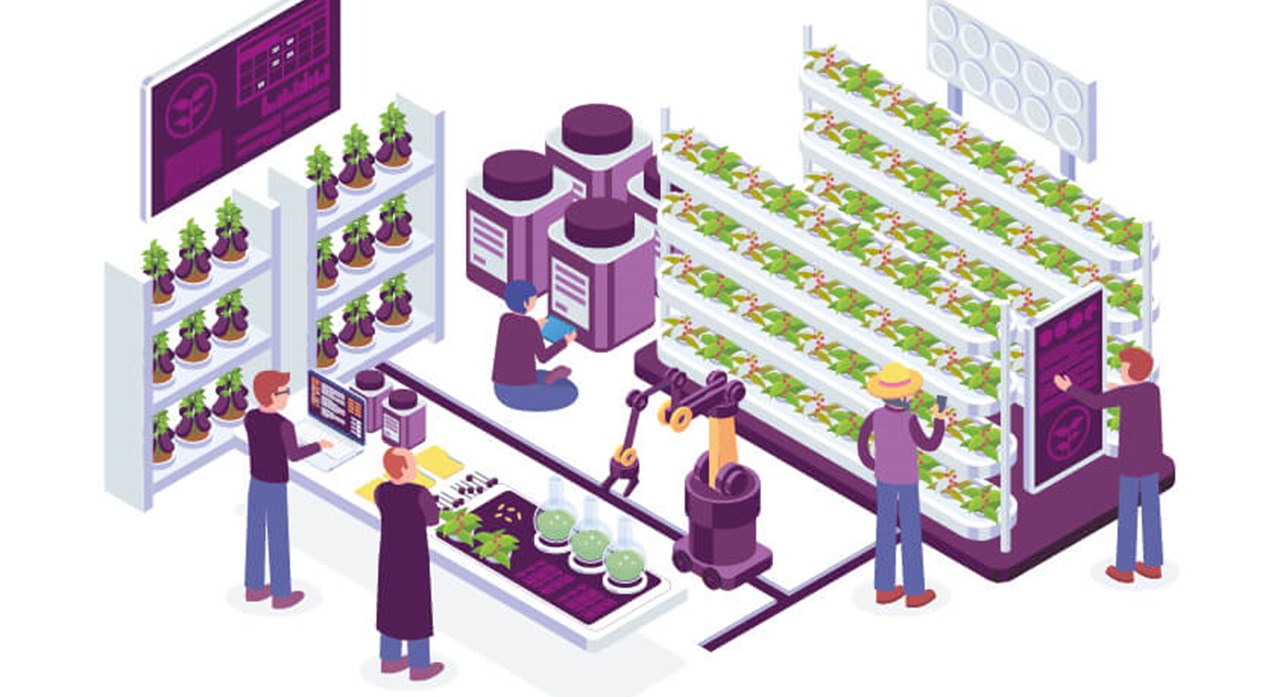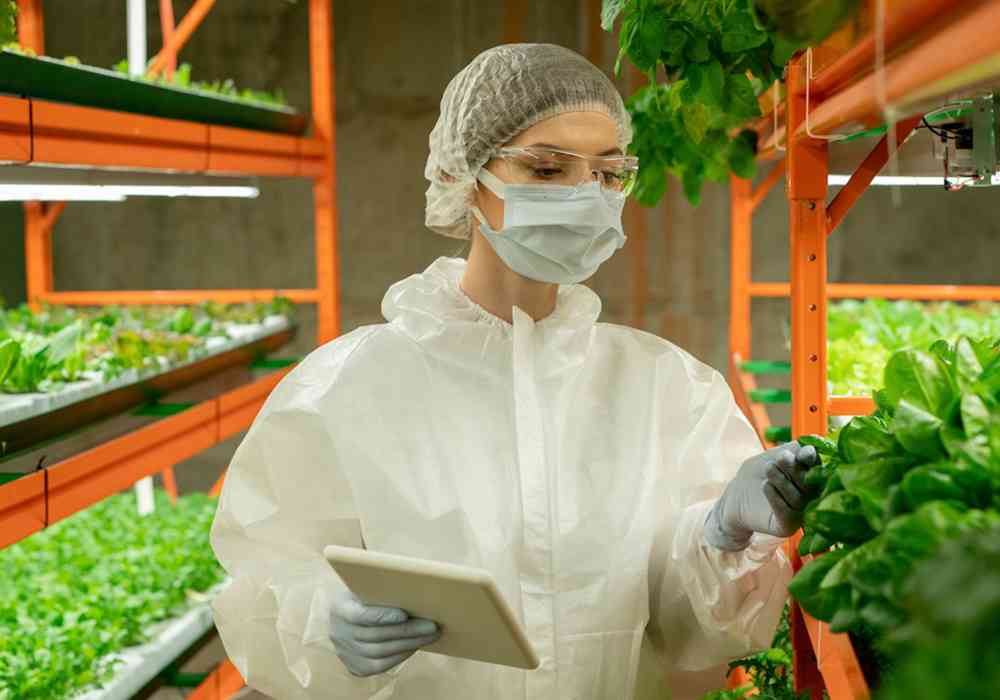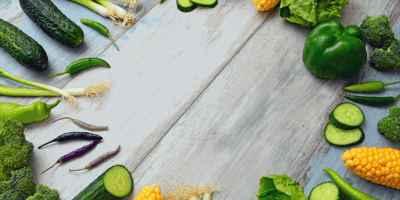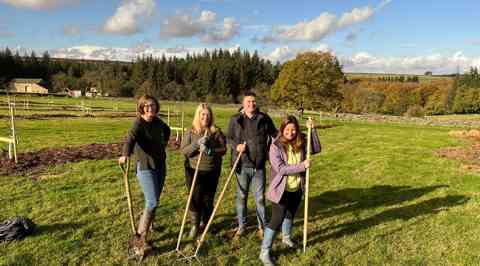A blog from procurement organisation Foodbuy UK
Foodbuy UK is the procurement arm of Compass #LVPFUTUREFOOD Group UK & Ireland, working regularly across the group to ethically source the very best ingredients from the best suppliers. They do this with a constant eye on sustainability and ethics. The business will play a huge part in the Compass commitment of achieving Climate Net Zero by 2030, but also in reimagining how the future of food sourcing could look. Here they bring to life a small portion of things to come.
Across the world, food manufacturers are becoming increasingly aware of the demand and necessity for food to be produced by the most economically efficient and sustainable means possible. Over the past few years this has been a big trend from a food procurement perspective.
As the global population continues to grow, and climate change causes a depletion of harvest quality, and the demand for innovation is leading to a rise in bio-diverse manufacturing companies offering a new approach to farming. Vertical farming systems are springing up and taking advantage of modern-day capabilities by growing plants entirely indoors without any direct sunlight or natural ecosystems, instead managing this with carefully calibrated UV lights and specifically selected nutrients, substrates or soils as well as sophisticated climate control systems.
"Vertical farming systems are springing up and taking advantage of modern-day capabilities by growing plants entirely indoors without any direct sunlight or natural ecosystems."
AeroFarms is one company setting to make its mark in the food production industry using Aeroponic technology - the act of misting nutrition to the root structure of a plant, allowing it a better chance to oxygenate. This is opposed to the traditional method of soaking plant roots in water directly, and actually reduces water use by 90%. The plants are grown using a reusable cloth made from recyclable material and the climate control system cuts growth time in half, resulting in a much higher annual yield of crops.
By stacking the plants high and using this Aeroponic system, the project can produce vegetables with significantly less waste and in a far smaller space than a conventional farm. By producing within a warehouse, they can be located within urban centres too, meaning the greenhouse emissions and economic costs of transportation are greatly reduced. The method offers additional benefits for more delicate produce, previously restricted in urban areas on a large scale, as they’re harder to grow indoors, and the produce can suffer during long transportation.
At Foodbuy we’re really tuned in to the different macro trends and their impact on the environment, understanding that major changes on a global level are imperative. Their goal is to lead the convoy, and ensure sustainability underpins every element of their procurement services, whilst setting an example of the standard all food procurement businesses should be aspiring to achieve.






